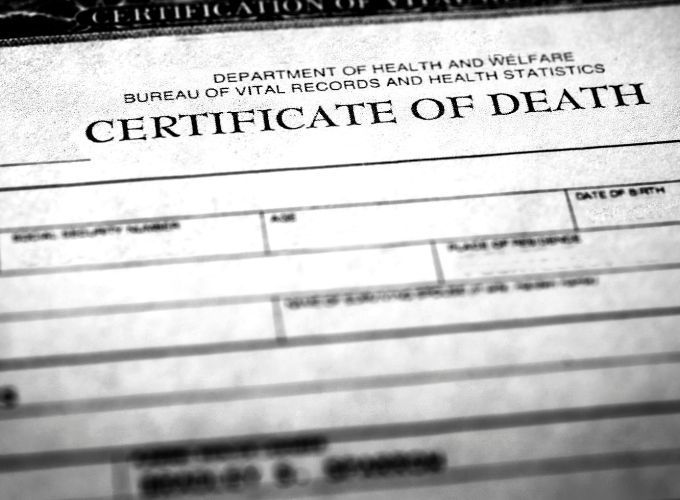Who can be a beneficiary?
In most cases, people name their spouse, children or someone who financially depends on them as beneficiaries. A beneficiary can also be a sibling, other family member, friend, charity or trust. There are two types of beneficiaries: primary and contingent. If the primary beneficiary is deceased, then the asset goes to the contingent beneficiary.
Why is it important to designate beneficiaries?
Beneficiary designations take effect immediately after death. Because of this, they override any instructions that may be in a will regarding the distribution of assets. Having beneficiaries named on an account circumvents the probate process and helps ensure that assets can be transferred to heirs without delay.
Even if you write a legal will leaving the assets to another person, whoever is listed as the beneficiary on your accounts is the person who will inherit. Matching beneficiary designations with provisions in your will can ensure that your wishes are followed properly.
Retirement account beneficiaries
Even changing your job can necessitate updating your beneficiary. If you roll over your retirement account, make sure that the account lists the correct beneficiaries. Previous beneficiary designations generally will not automatically move with your assets.
Provisions for beneficiaries vary from plan to plan and state law — some of which automatically eliminate former spouses as beneficiaries. However, for many employer-sponsored retirement plans, such as 401(k) plans, these laws do not apply.
A cautionary tale
Suppose you married in your twenties, had two children and set up a life insurance policy, naming your then-spouse as beneficiary. Fifteen years later, you have divorced and remarried, and now, you have a child with your new partner. If you never updated your beneficiaries on your life insurance policy, your ex-spouse would inherit, leaving no proceeds for your current spouse or any of your three children.
Take the time now to check that beneficiary information on your accounts is accurate and up to date. Updating your beneficiaries is simple, usually requiring filling out paperwork or making changes online.
DISCLAIMER: Individual circumstances and state laws vary. Only undertake estate planning with the help and assistance of an attorney licensed in your state. If you need advice about designating your beneficiaries, talk to an attorney or estate planner to help ensure your final wishes are carried out.












